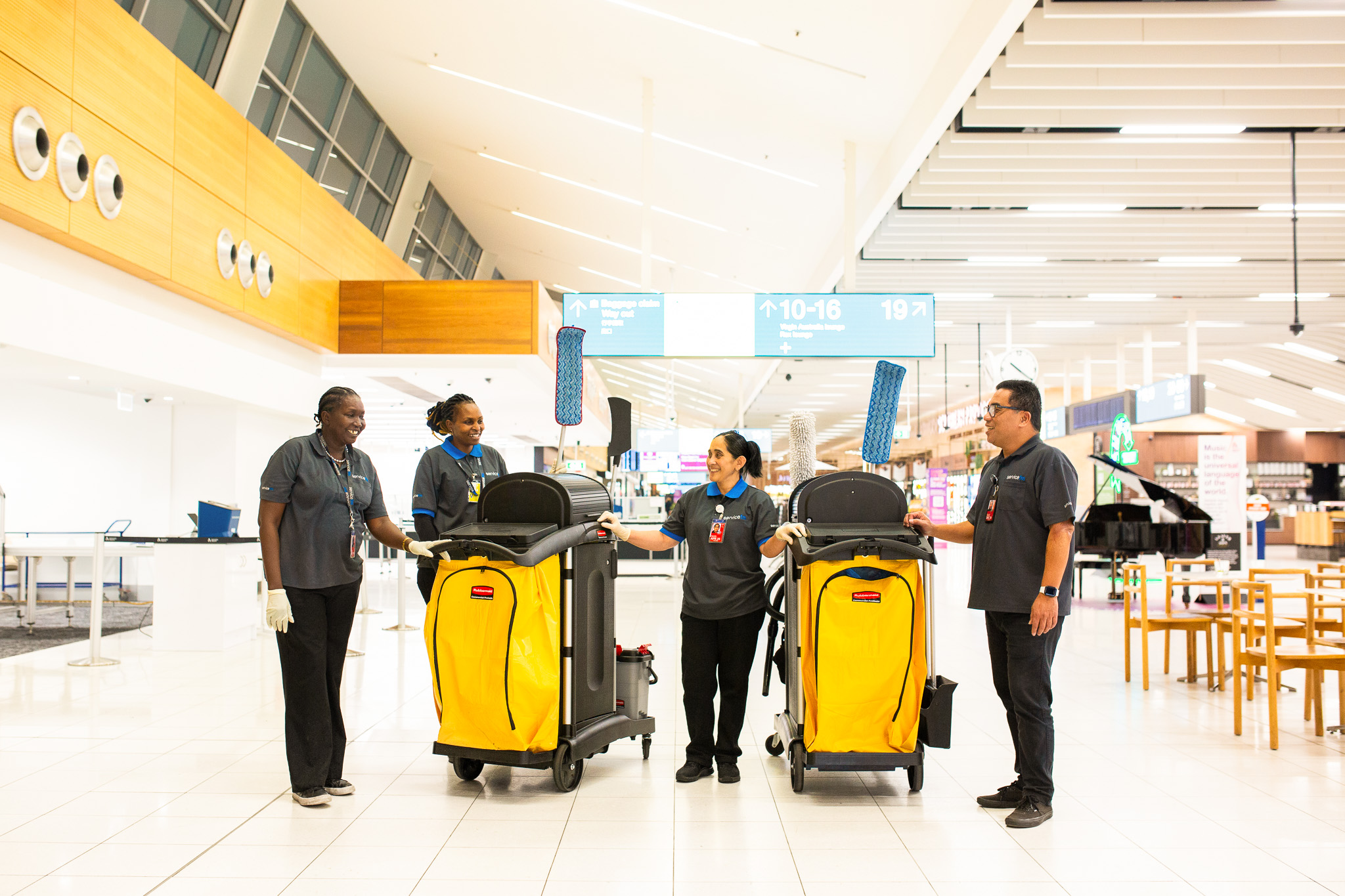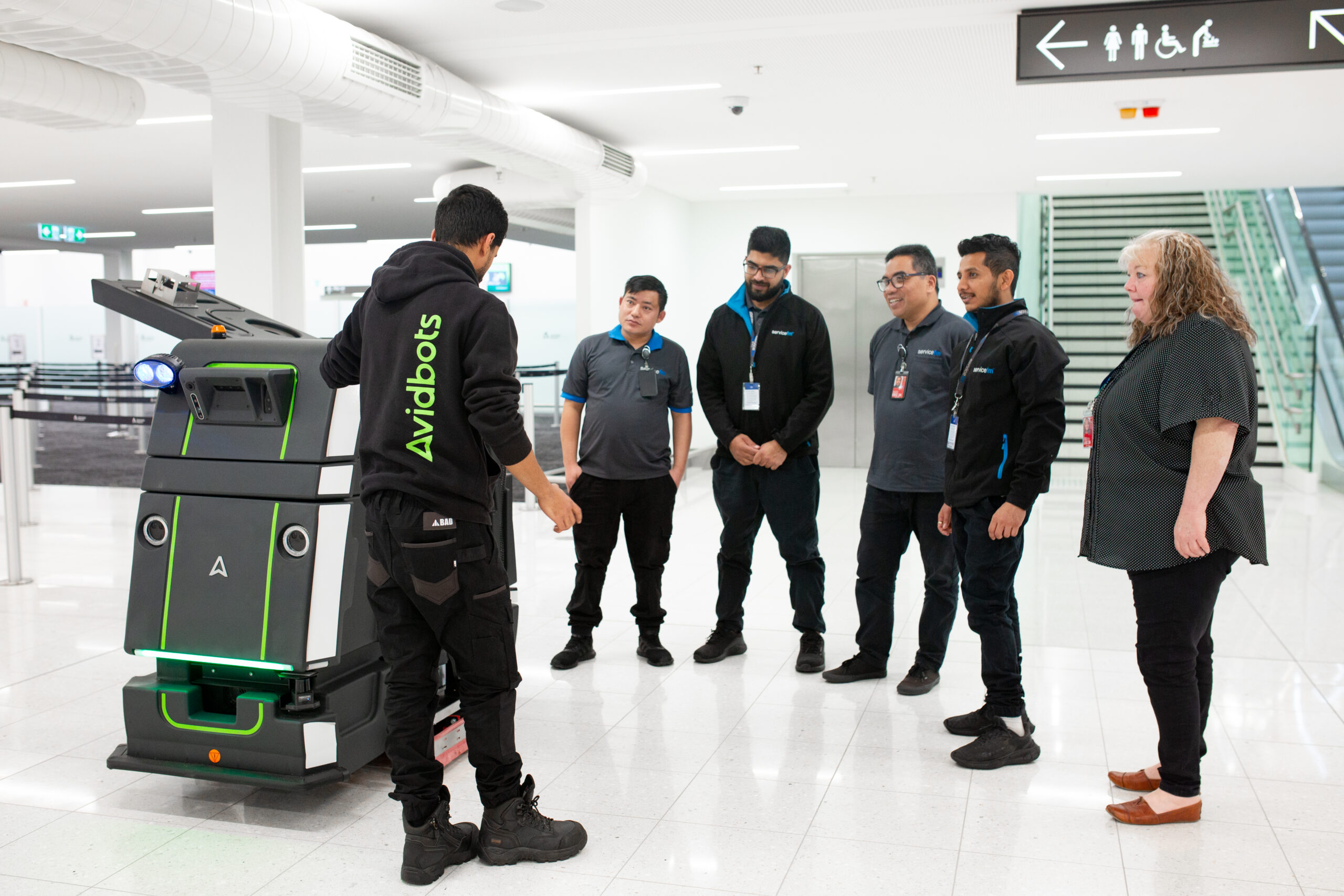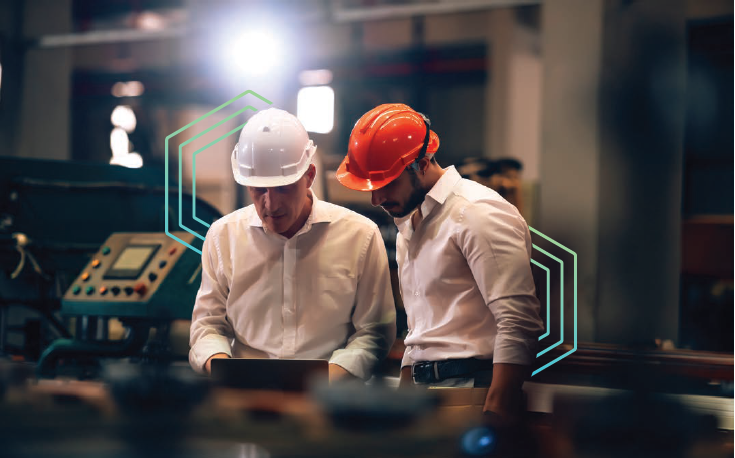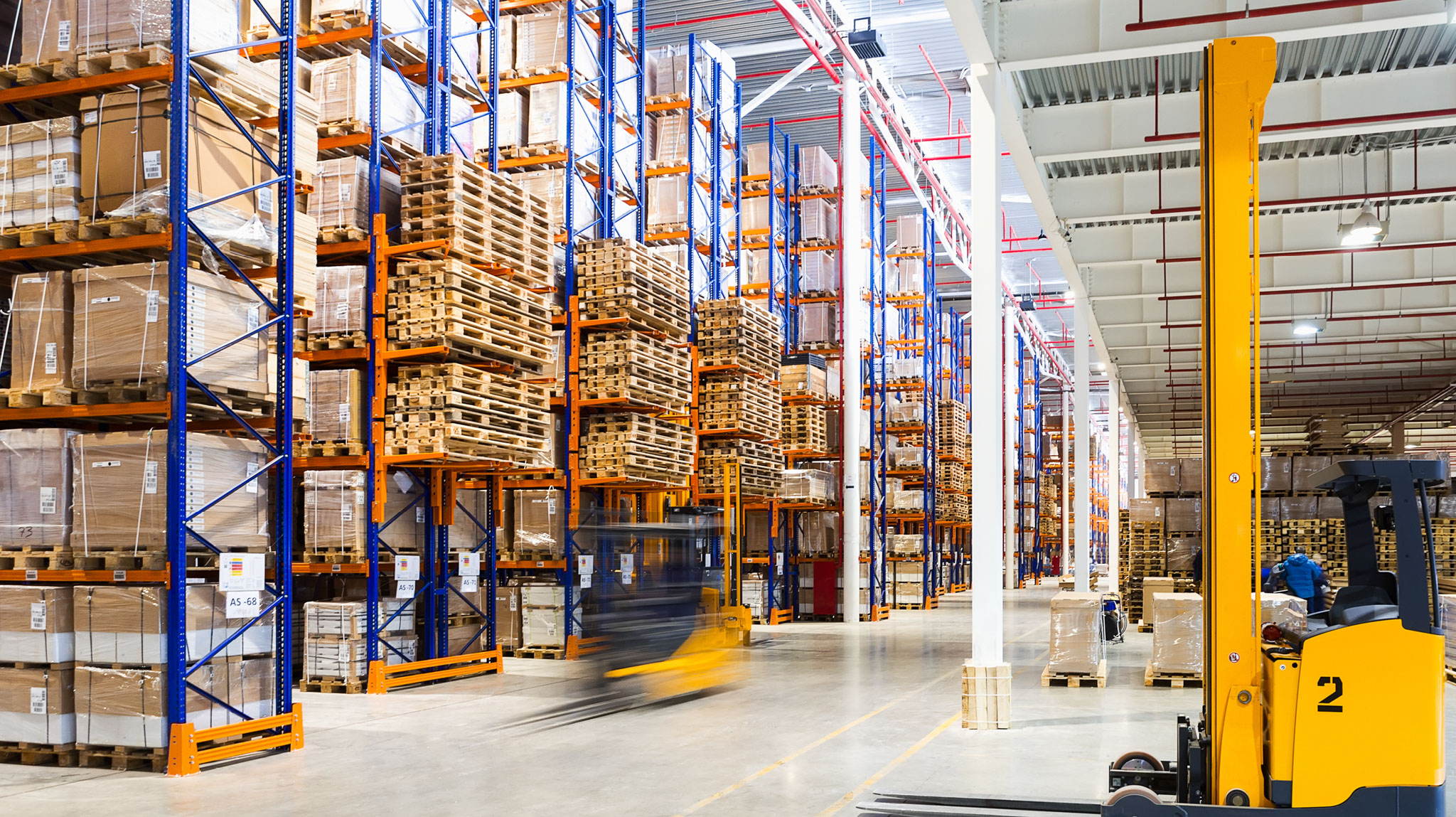AI has emerged as a game-changer in various industries, now even reaching the most utilitarian of services: facilities management. Traditionally known for its manual processes and reactive approach, we’ve seen AI being used to make work environments more efficient, reduce costs, and elevate overall building performance.
How do you solve complex building issues like energy efficiency without constant human intervention? Or overcome the operational costs from over-reliance on reactive maintenance? Here’s what we’ve observed, and put on our future roadmap at ServiceFM.

Intelligent Space Utilisation
Goodbye static floor plans Hello real-time insight into workspace utilisation. Smart sensors and occupancy tracking systems gather data on how spaces are used, helping facilities managers make informed decisions about layouts, desk allocations, and meeting room availability.
Pros: employees are happier in optimal working environments, no more space wastage for businesses.
Think about: role of workplace other than ‘working at a desk’, i.e., employee collaboration communities.
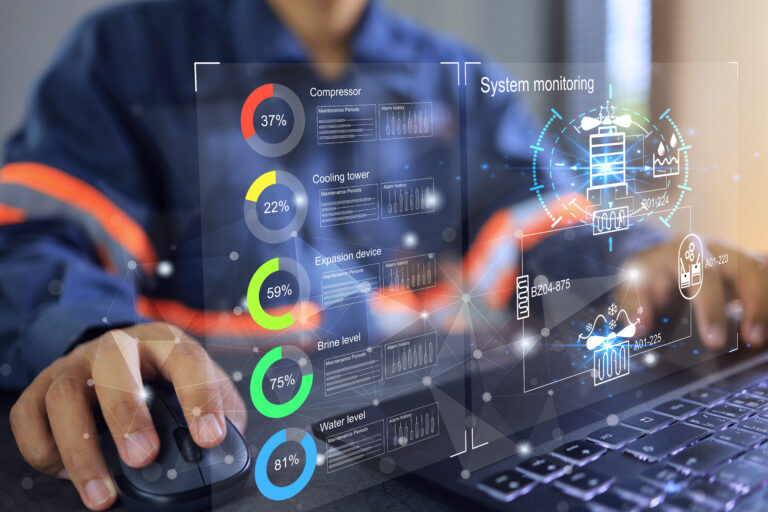
Smarter ‘smarts’ in Predictive Maintenance
AI is ushering in a new era of predictive maintenance, where sensors and data analytics anticipate potential problems before they escalate. Smart sensors embedded in equipment and facilities collect real-time data, allowing AI algorithms to analyse patterns and predict when maintenance is required. This, in conjunction with work order and compliance platforms like ServiceFM 360, will be the new power couple of planned preventative maintenance.
Pros: decrease downtime, lengthen lifespan of assets, save as much cost as possible in labour, materials, and expenditures.
Think about: knowing what to do with volumes of data.

Mission Impossible-level Security
Facial recognition, biometric access control, and video analytics are becoming integral components of modern security setups. AI algorithms can detect anomalies in real-time, identify potential security threats, and even automate emergency responses. AI-based video surveillance systems even enable the user to search for a specific action or object in all the footage much faster than a human operator.
Pros: people feel safe at work, minimum risk of unauthorised access.
Think about: data privacy of staff and visitors moving through a facility.

Machine learning in Energy Efficiency
Machine learning algorithms now analyse historical data, weather patterns, and occupancy trends to create personalised energy profiles for each facility. Smart HVAC systems, lighting controls, and energy management platforms adjust settings in real-time, ensuring that energy is used efficiently.
Pros: predict future energy use, seasonality adjustments, reduce carbon footprints, substantial cost savings on utility bills.
Think about: needs secure remote connectivity to building systems, data is nothing without insight.
In summary: AI vs Human
The impact of AI on facilities management is akin to giving buildings a digital brain. Facilities managers are now equipped with powerful tools thanks to AI. At ServiceFM, we view AI as a valuable assistant, freeing up time for people to solve complex challenges, engage in strategic planning, and foster a more responsive and agile management approach.
We believe the marriage of advanced technology with human expertise creates a dynamic synergy that results in smarter, more efficient, and sustainable environments.
*AI was used to help craft this article.

